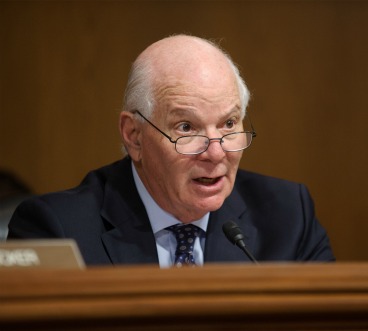This briefing- focused on internet freedom- was set in the context of increasing online censorship and surveillance in authoritarian nations and privacy infringement and terrorism threats in free societies. Lisl Brunner of the Global Network Initiative, Rebecca MacKinnon from Ranking Digital Rights, and Tim Maurer of the Carnegie Endowment for International Peace, discussed how internet companies are evolving to handle increased government requests from law enforcement and the role of export controls in ensuring that U.S. and European technologies do not contribute to human rights abuses.
Policy advisor Shelly Han opened the briefing by explaining that when the internet began spreading across the globe, it was seen as a “game changer for spreading democratic ideals to places that traditional media could not reach” – a new method of positive influence, accountability and transparency. However, she noted, precisely because it was so powerful, autocrats (including those in China and Russia) have been able to use it to increase their own power, and democracies have come to fear its use by terrorists. Citizens in free societies also wonder where the line between security and privacy should be drawn. The panelists discussed the immense increase in awareness of this issue in the past decade, the commitments that can be set for the future and where leadership must come from in order to create policy solutions.








